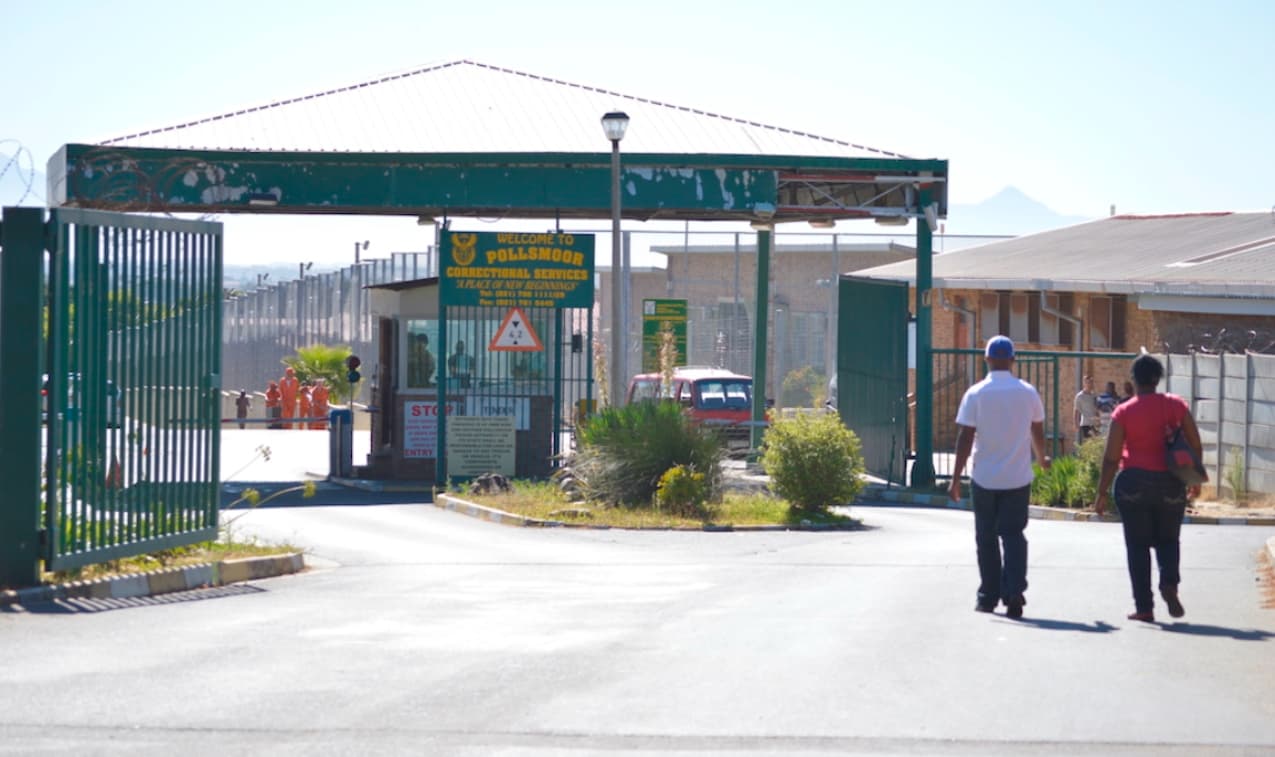
Diphtheria outbreak: one prisoner dead at Pollsmoor Prison
The Department of Health confirmed a diphtheria outbreak at the Pollsmoor Prison in the Western Cape, where one inmate has died.

Health Minister, Dr Joe Phaahla, announced on Thursday an outbreak of diphtheria disease at the Pollsmoor Correctional Centre in the Western Cape, which has since claimed one life.
A 19-year-old male inmate presented with diphtheria symptoms on 28 October and was referred to the local hospital for further medical care.
“Throat swabs were collected the same day for culture laboratory testing and the results returned positive five days later on 2 November. Unfortunately, his health condition continued to deteriorate until he regrettably passed away on 5 November,” a statement from the department said.
Diphtheria is a disease caused by bacteria called Corynebacterium diphtheria.
The bacterium usually affects the mucous membranes of the nose and throat, causing respiratory and skin infections.
Precautions taken to control the outbreak
Public health measures have since been undertaken to bring the outbreak under control. These include contact tracing of inmates, correctional services staff, consulting healthcare workers and emergency services personnel.
Meanwhile, more tests were conducted with the 55 identified close contacts as part of the case investigation, of which eight inmates tested positive for this serious infection.
Of these, the department said, two of them presented mild symptoms, while the other six were asymptomatic.
“All patients including the deceased fall within the age group of 18 to 23 years old. Immediate contacts of the patients and the deceased have been put in isolation from the rest of the correctional centre section to prevent further spread of the disease.”
In addition, two staff members displayed symptoms compatible with diphtheria and have received treatment and are still waiting for their laboratory test results.
The Western Cape Department of Health, working with the Department of Correctional Services, has since embarked on a vaccination campaign in the affected section of the correctional centre.
Bacteria is spread from person to person
The department said two laboratory-confirmed cases of diphtheria disease were recorded earlier in the year from an adult in KwaZulu-Natal and a child in the Western Cape.
Diphtheria, according to the department is an uncommon, but vaccine-preventable serious infection. The toxin may lead to difficulty in breathing, heart rhythm problems, and even death.
The bacteria spread from person to person, usually through respiratory droplets from coughing or sneezing.
The symptoms of diphtheria include sore throat with the formation of a membrane on the tonsil and throat and swollen glands in the front of the neck.
ALSO READ: Electronic Fraud: How to get your money back if you fall victim
Close contacts of known cases are at increased risk of infection, the department explained.
“Routine diphtheria vaccination is part of the childhood vaccine programme and parents are encouraged to get their children vaccinated.”
Healthcare workers are urged to maintain a high index of suspicion in order to ensure that cases are detected early, while all individuals are reminded of the importance of ensuring that they and their families are up-to-date with their vaccinations.
In South Africa, diphtheria-containing vaccine is offered to all children free of charge in public sector facilities at six, 10 and 14 weeks and 18 months as one component of the hexavalent jab.
“Booster doses are offered at six and 12 years, and to all Grade 5 learners in public schools during the Human Papillomavirus (HPV) vaccination campaign.”
